First, many syllabuses contain too much material. This is not true of all syllabuses, but it is true of many. The consequence, teachers told me, is time pressure. They race to get through syllabuses, making it difficult to reteach when necessary, to spend time with students who require additional assistance or to tailor teaching to local issues and student interests. They referred to many syllabuses as ‘cluttered’ and ‘over-crowded’.
Some teachers described a sense of skating across the surface of the curriculum. There was little time to explore concepts in depth or to provide a range of examples to help students see the relevance of what they’re taught or how it can be applied in different contexts. I was reminded of American references to ‘mile-wide’, ‘inch-deep’ curricula in which everything seems equally important.
A new curriculum should contain less content. It should identify a core of essential concepts, principles and methods in each subject and prioritise these over more peripheral facts and routines. It should draw on research to do this, and to plan students’ progressive acquisition of essential knowledge and understandings across the years of school. And it should support teachers to focus their teaching on deep understanding. As one person put it, when it comes to the curriculum, less is more.
Second, the current curriculum artificially separates knowledge and skills. This is partly because formal assessment processes (tests and examinations) value knowledge and undervalue skills. Skills in gathering and analysing information, solving complex problems, using technologies, creating new solutions, working in teams and communicating with others are crucial in life and work, including in professional work. But attempts to value them in school curricula often exacerbate the knowledge-skills tension by proposing that they be taught and assessed separately from subject knowledge.
In the senior years, this separation of knowledge and skills emerges as the academic-vocational divide. Although all students presumably aspire to a vocation, the school curriculum restricts vocational learning to a set of skills-based courses widely perceived to be of lower status than knowledge-based subjects. Some of these courses provide skills for jobs and tasks increasingly being performed by machines.
